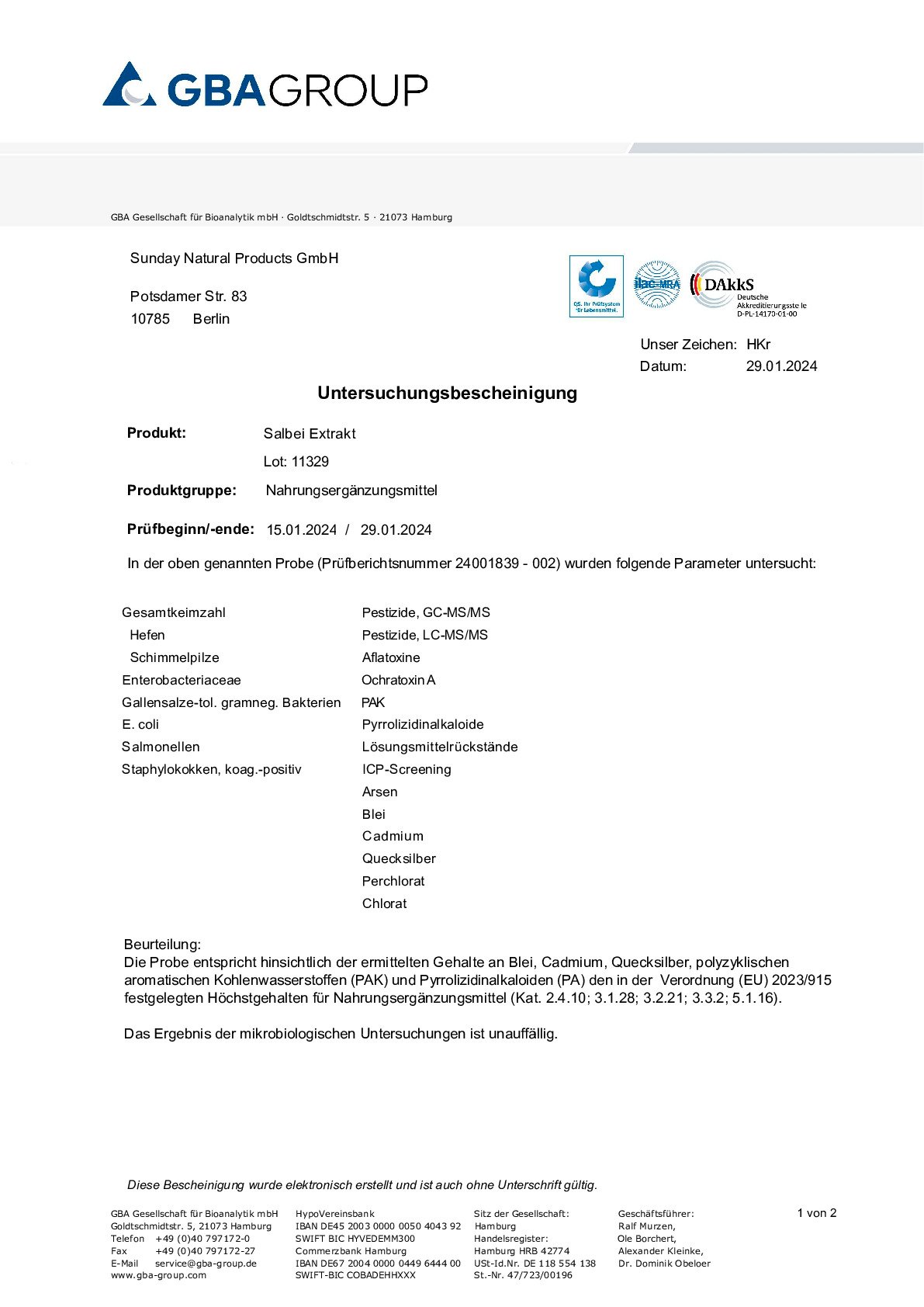Sage (Salvia officinalis) is an aromatic plant that is native to the Mediterranean region but is cultivated in various climates around the world. The use of sage has a long and fascinating history spanning different cultures and ages.
In ancient times, sage was highly valued by the Greeks and Romans. The name "sage" is derived from the Latin word "salvus", which means "healthy" or "saving". In the Middle Ages, sage was cultivated by monks in their monastery gardens and was often used in herbal potions and ointments. Sage was also regarded as a symbol of wisdom and virtue. During the Renaissance, interest in herbs and plants experienced a revival. Herbalists such as Hieronymus Bock and Leonhart Fuchs described the use of sage in their works, which contributed to the further spread of the plant.
Over time, sage has also gained a firm place in the kitchen. Its intense aroma adds a special touch to many dishes.


























